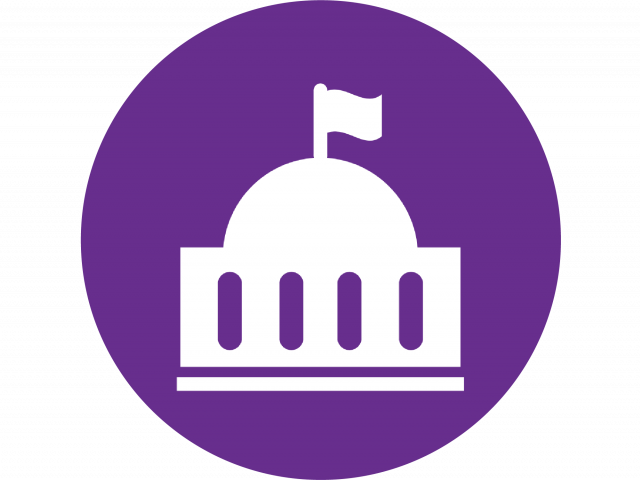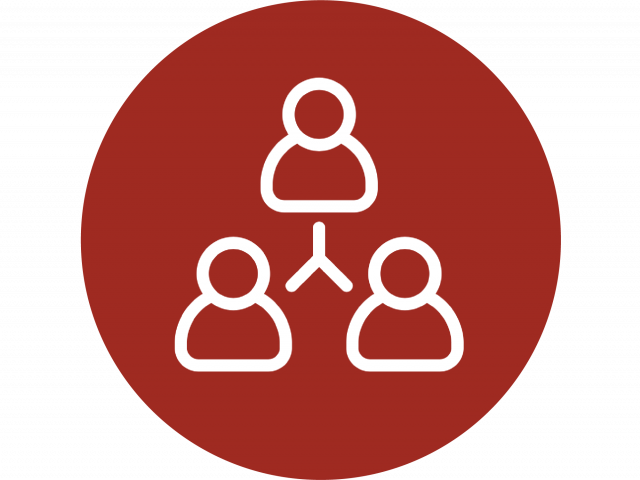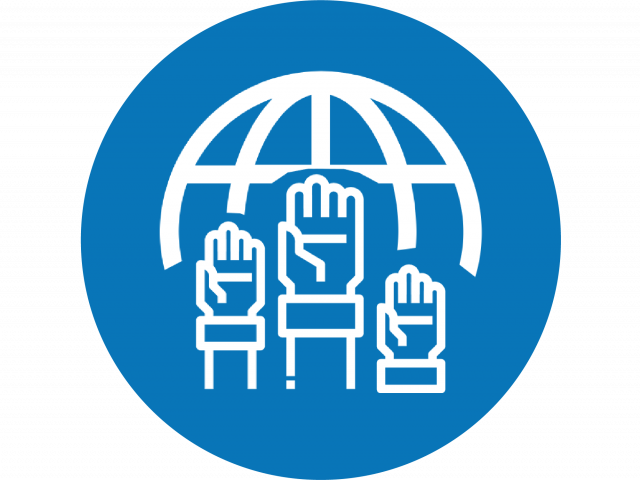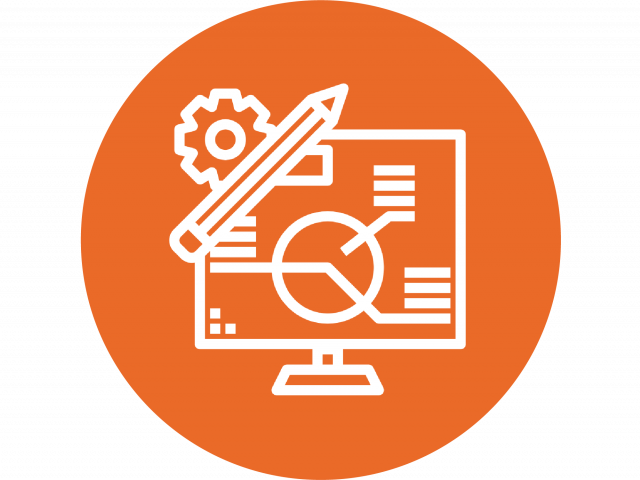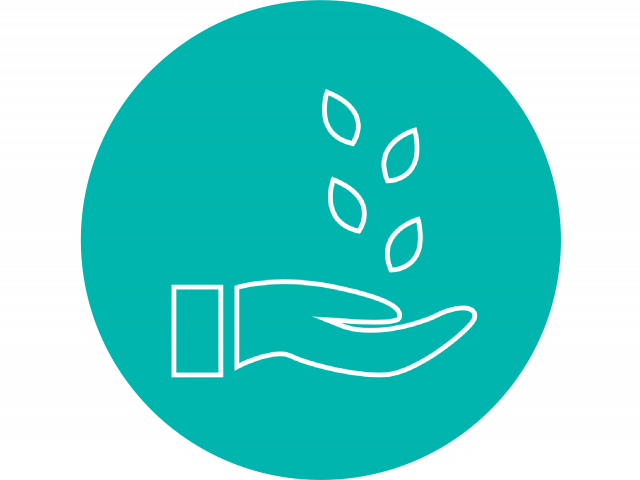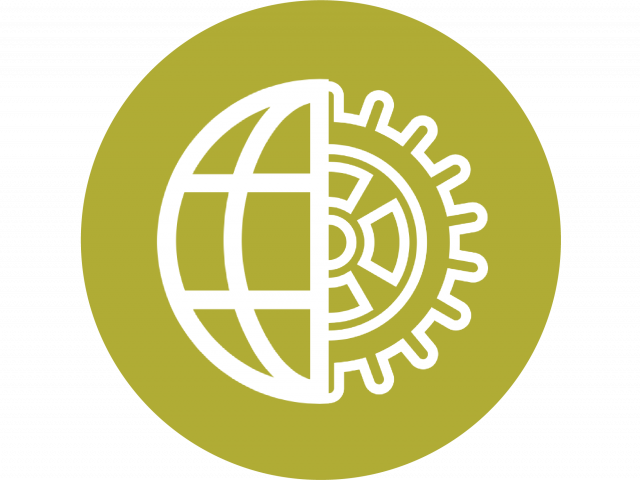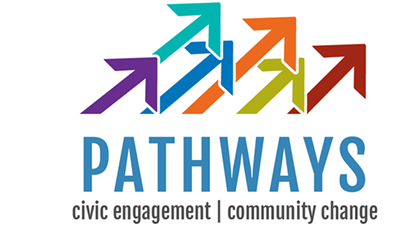
The widespread upheaval and trauma we are witnessing on social media timelines, in the news media, and in our own communities calls upon each of us to reflect, to respond, to act. How do we work towards a just, inclusive, and fair democratic society? How will you?
The development of leaders and citizens who challenge the present to enrich the future is central to the mission of the University of Michigan. The Pathways to Civic Engagement and Community Change*describes a range of possibilities by which you can engage in and contribute to communities to further U-M’s mission and exercise your own power to create a better world.
These pathways intersect and overlap, demonstrating the interdependent nature of working toward the common good. There is no one single “best” path and most people move through multiple pathways over time. Each pathway outlines opportunities to engage from any location, in public health-informed ways.
For positive social change to occur, our communities rely on all of us engaging in multiple ways, along various pathways. This positive change creates conditions, access, and opportunities for everyone to have enough of what they need to thrive, which in turn creates healthier, more vibrant, equitable, and sustainable communities.
The Ginsberg Center is pleased to share these pathways with U-M undergraduate and graduate/professional students, and we are here to partner with you in moving toward a community and world where everyone thrives. For faculty and staff looking to support these pathways, please refer to this complementary guide for academic partners. In addition to the Ginsberg Center, there are many organizations, courses, and programs on campus and off that can help you on your journey.
What pathways are you on to create positive change?
Click on the Pathway name below for a description and example activities.
Additional Exploration
Hundreds of faculty and staff across campus are here to partner with and support you in moving toward a more just community and world. We encourage you to learn more about issues that inform and support these pathways by exploring the array of courses and events highlighted on the UM Democracy & Debate initiative website.
A great starting point is to visit MaizePages and join one of the 700+ Activism, Governance, or Service/Service Learning student organizations addressing issues that may align with your passion(s) and interest(s). If there isn’t an organization doing what you want to do, connect with the Center for Campus Involvement to explore the possibility of starting your own.
We also encourage you to engage with your peers, friends, and family on issues of public concern, considering the differences between discussion, dialogue, and debate (PDF), and learn more about deliberative dialogue.
To get started now, we encourage you to check out the Community Engagement: Collaborating for Change online course, which can help you nurture the knowledge, skills, and values to help create the positive change you seek to make in the world. All U-M affiliates (students, faculty, staff, and alumni) can take this course and receive a verified certificate for free through Michigan Online.
To learn more about engagement at U-M, please visit Engaged Michigan or Business + Impact.
Download your copy of the Pathways to Civic Engagement (PDF)
*Adapted from Pathways of Public Service, in partnership with the Haas Center for Public Service, Stanford University.
Listen to this episode of Michigan Minds, in which Danyelle Reynolds, formerly Ginsberg's Assistant Director for Student Learning and Leadership at the Ginsberg Center, discusses the Pathways to Civic Engagement and Community Change

